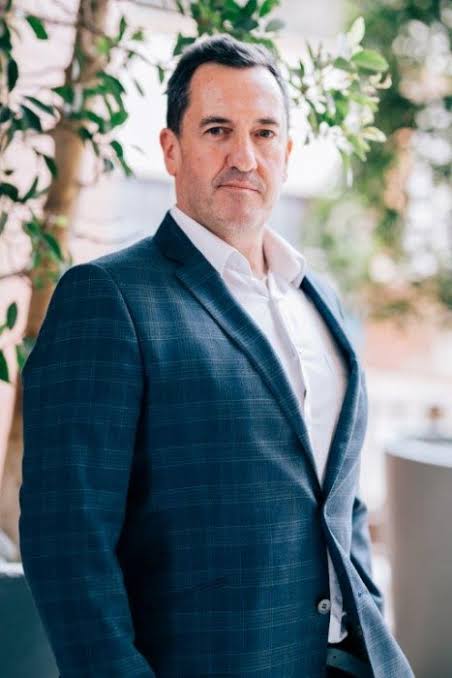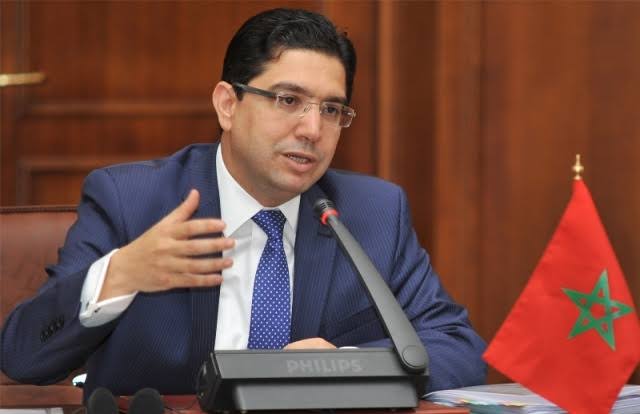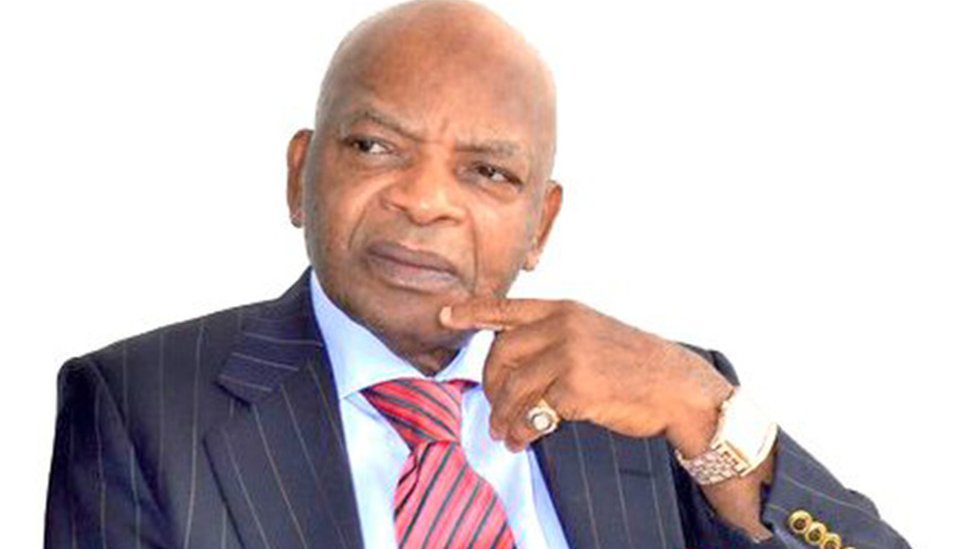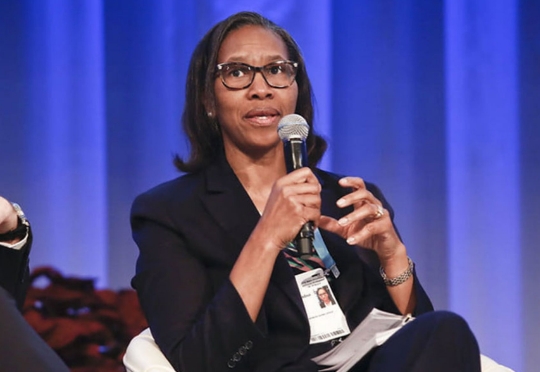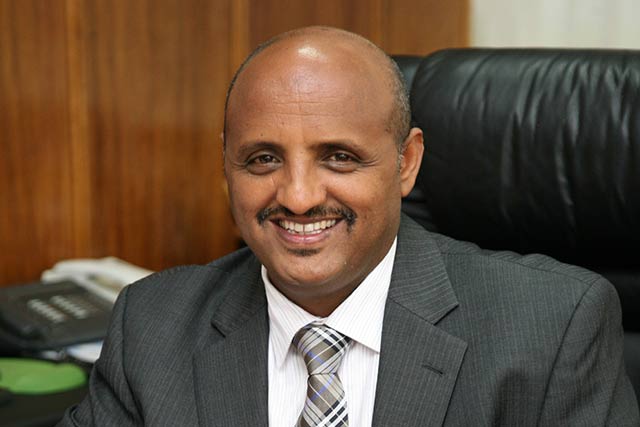Gas should power post-Covid growth for our low-carbon future
By Olu Verheijen
Covid-19 has exacerbated the fragility of West African countries where population growth continues to outpace economic growth, relegating millions to extreme poverty. Further, pandemic-related shutdowns have muted global oil demand and, in turn, limited the measures that oil-dependent economies can implement to mitigate the effects of COVID-19.

In Nigeria, the region’s largest economy, the unemployment rate is near 30%, and reduced revenue constrains the government’s capacity to provide relief to the more than 80 million people who live on less than $1/day. Facilitating broad-based economic growth for West African countries to achieve upper middle-income status has become even more difficult of a challenge.
Read also:Nigerian Cryptocurrency Startup Yellow Card Secures $1.5 million In Seed Funding Round
Access to affordable and reliable energy is critical to the region’s development, and renewables— solar, wind and hydropower—will certainly play a role in West Africa’s energy mix.
However, the region’s abundant natural gas resources should underpin its energy system as natural gas can best provide the energy intensity needed for the next stage of West Africa’s development. Despite their constrained finances, governments should therefore double down on policies that encourage the development of natural gas energy systems. Infrastructure development, manufacturing, and industrialization are vital components of transitioning West Africa to an upper middle-income-region.
Read also:Arthur Eze Says ADM Energy and Oilbank International Fraudulently Used His Name for Bidding
The growth rate of Africa’s manufacturing sector outpaced the rest of the world from 2005 to 2014.Ghana’s manufacturing sector alone grew at an average rate of 7% a year from 2015-2017. As manufacturing jobs continue to shift to Africa, the quality and affordability of power will determine the sector’s global competitiveness. Globally, the industrial sector constitutes 54% of energy consumption.
West Africa’s high costs of electricity, when adjusted for grid reliability and self-generation costs, remain an impediment to competitiveness. Electricity outages cost Gambian firms as much as 15% of their annual sales, for example. A natural gas dominated energy system in West Africa offers a credible pathway to millions of high paying jobs while still decarbonizing.
Read also:West African Startup Energy+ Secures Over $1 million In Funding
On a levelized cost basis, energy from combined-cycle natural gas turbines is more affordable than diesel and solar technologies when factoring in the cost of storage. In addition, natural gas plants are more than twice as reliable as solar plants and produce four times more energy per acre of land.
The footprint required for power generation will become increasingly crucial in urbanizing and highly decentralized energy markets like Nigeria. These qualities of natural gas plants make them perfectly suited to fuel the industrialization needed for the region’s economic development.
West Africa cannot achieve high economic growth rates by framing energy policy around household energy. For example, Nigeria’s recently unveiled Energy for All initiative provides households with solar units that can support a few light bulbs and minor appliances.
Read also:Zambian Startup WidEnergy Secures Funding From ShEquity
This program aims to be an alternative to grid extension in poor and rural areas where energy demand is low. However, the costs of these systems range from 50% to 200% of monthly income for these households, leaving little or nothing for food, housing, healthcare, or education expenses, which is unsustainable and subsidy dependent.
While solar and battery technologies could become more affordable with further innovation, they do not address the root causes of poverty for the target population.
While energy access is a well-known and important SDG7 metric, it offers little insight into the energy intensity required to achieve economic growth and poverty alleviation. For example, Ghana and Malaysia are similar in population size, with energy access levels at 85% and 100%, respectively.
However, Malaysia’s GDP per capita is five times Ghana’s – partially enabled by its population’s energy consumption, which is thirteen times Ghana’s. Although a target of 100% energy access is laudable, Ghana will industrialize faster, create more high-paying jobs, and eliminate extreme poverty by enabling affordable and reliable energy for commercial and industrial use.
Energy policies should focus on achieving competitiveness in sectors critical to generating high economic growth. Nigeria’s NLNG Train 7 and Assa North-Ohaji South projects are steps in the right direction.
These projects anticipate reduced demand for oil exports and connect abundant gas resources to established domestic and regional offtake centers, including the West African Gas Pipeline.West African governments and companies will need to access foreign capital to further develop export and regional gas markets. Therefore, policymakers must focus scarce public resources on creating attractive investment environments for natural gas related projects.
Read also:Uncertainty in Oil and Gas Drags Algeria’s Economy Down
The development of natural gas-based energy systems in West Africa are in line with global trends of gas replacing coal dominated energy systems. Africa’s historical contribution to global CO2 emissions is low— the average German emits as much CO2 as twenty-nine Ivorians in one year.
Therefore, a significant reduction in global CO2 emissions is more relevant in developed economies and achievable with minimal impact on living standards in those economies.
A gas-based energy system gives West Africa an opportunity to fuel its post- COVID economic growth with less carbon intensity than the historic growth paths taken by developed countries. The region will further reduce its emissions as innovations allow heavy industry to decarbonize economically.
Read also:Gabon Prepares to Open Oil, Gas and Power Opportunities, Stimulate COVID-19 Recovery
The ambitions of policymakers must be to fundamentally transform living standards rather than merely alleviate poverty. Energy is a key pillar of broad-based economic growth. In West Africa, natural gas, alongside renewables, offers a credible path to achieving higher living standards for generations.
By Olu Verheijen is the Managing Director at Latimer Energy
Kelechi Deca

Kelechi Deca has over two decades of media experience, he has traveled to over 77 countries reporting on multilateral development institutions, international business, trade, travels, culture, and diplomacy. He is also a petrol head with in-depth knowledge of automobiles and the auto industry


